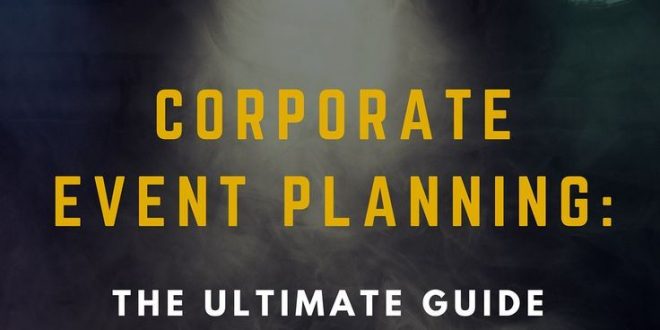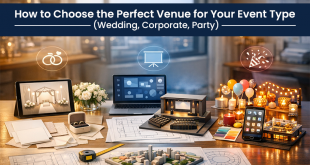Events held in the corporate sector are usually to launch a product, bring the employees together to communicate the company strategy, motivate or train the staff or sway the external perception of the people with regards to the brand. It could also be for the sake of entertainment of the senior partners or work as an incentive for the team
These events have one of three goals; promoting, providing incentive/rewarding the staff or marketing the host company. It can either be done in a casual setting or a formal one. Examples of such events include exhibitions, conferences, seminars, private dinners, Christmas parties, charity fundraisers or employee events such as summer parties or team building events.
Planning such an event is no easy task and can take upto months and months of pre-planning. So, to help you focus your efforts here’s the ultimate guide you’ll need to host a successful corporate event:
Types of Corporate Event
The best way to assess an event is to categorize it on the basis of the size of said event.
1. Micro Event
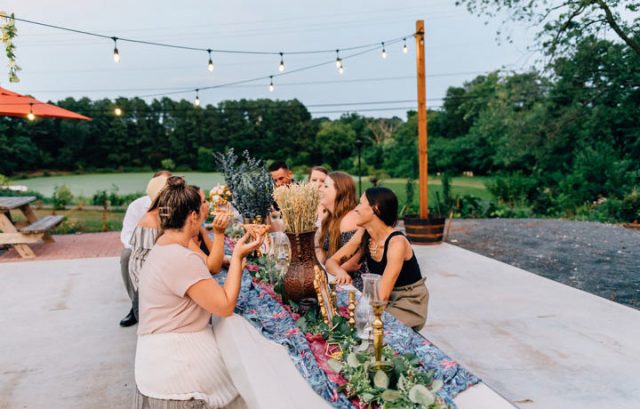
These events are intimate in nature and have around 100 attendees. The planning for this sort of event is comparatively simpler. It requires you to book a room, arrange refreshments and presentation facilities and take care of registration.
Book your Venue with Venuelook, contact us at venuelook.com/getquote
2. Small Event

The number of attendees falls between 100 to 250. Book the main stage, a couple of break-out sessions for engagement, take care of refreshments as well as registration and don’t forget to arrange transport.
Book your Venue with Venuelook, contact us at venuelook.com/getquote
3. Mid-Size Event

Around 1000 attendees for what could be a company-wide conference or a leadership summit. This would require more preparation. You would need to set up an online website for information and registration, a mobile event app for engagement, arrange transport and perhaps even hotel accommodations if requested. You would also need to take care of a post-event entertainment segment.
Book your Venue with Venuelook, contact us at venuelook.com/getquote
4. Large Scale Event
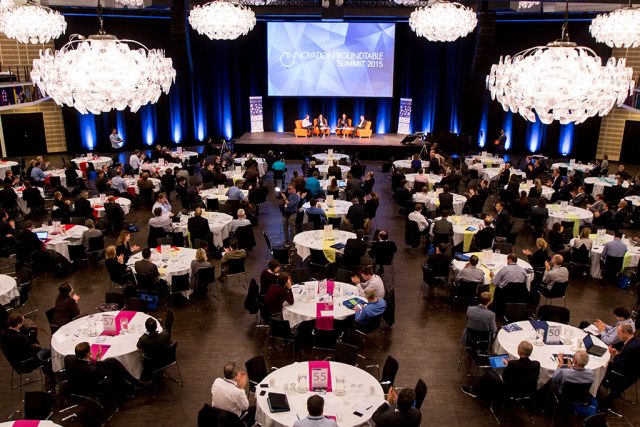
Arranged for around 10,000 attendees, and requires proper technological tools to manage the hotel bookings, flight booking, registration and the budget. These kinds of events usually last for multiple days which means you would also need to arrange for dinners and other off-site activities to keep the guests happy.
Book your Venue with Venuelook, contact us at venuelook.com/getquote
5. Event Budget
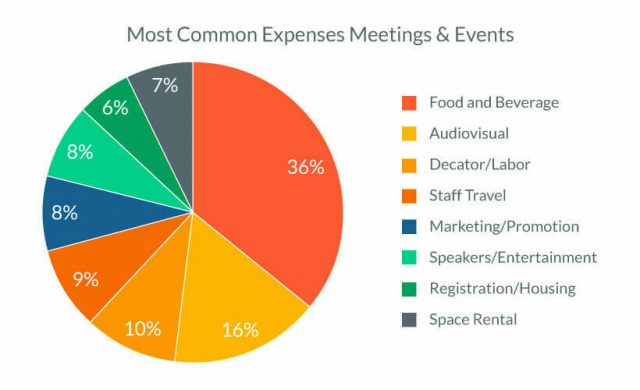
All the decisions you make regarding the event have to be based on the budget. Calculate the budget carefully, taking into account whether it solely has outgoings only or is there a chance to supplement it from external revenue. If the event has happened before, check out the budget created previously to get enough of an idea as to how much you can chill out and get an idea of the expenses to avoid getting overcharged. You also need to keep in mind that the budget needs to have flexibility. It should be able to accommodate for unexpected expenditures while also having a contingency fund to be used in case of emergencies.
Book your Venue with Venuelook, contact us at venuelook.com/getquote
6. Event Objective

First and foremost, the main focus you should have is on the objective that the event means to fulfil. Whether it is to entertain the senior leaders, incentivise the employees, launch a product, etc, the objective of the event will dictate the people who will be attending and what their expectations will be. Once you have a set goal in front of you, it will make things significantly easier to plan.
Book your Venue with Venuelook, contact us at venuelook.com/getquote
7. Picking the Venue
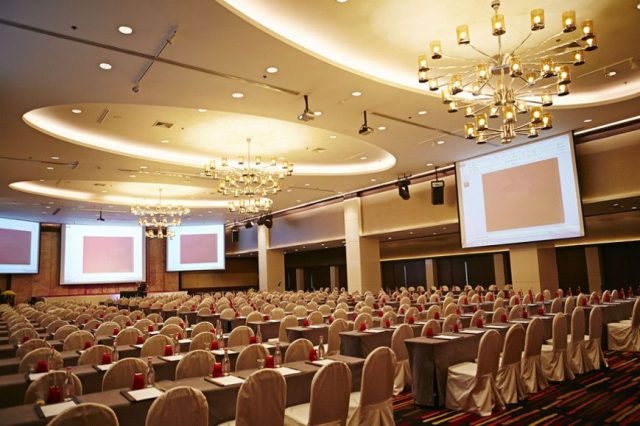
The objective and the budget of the event will determine the venue you choose for the said event. Once you’ve accounted for the budget, location, capacity and availability, here’s the best way to decide on which one to pick:
- Shortlist the venues based on your requirements and budget.
- Write an enticing RFP. Give ample detail, and provide them with your budget requirements as well.
- Evaluate the proposals. Make sure to take the size of the rooms into account when selecting. Compare the facilities provided by the different venues before you choose one.
Book your Venue with Venuelook, contact us at venuelook.com/getquote
8. Marketing the Event

Customizing your marketing campaign sets you apart. Send in teaser emails, use all forms of social media platforms, create a dedicated website and make use of a mobile event app. Design posters and flyers while also creating badges and other accessories to make the promotion material tangible enough for people to remember.
Book your Venue with Venuelook, contact us at venuelook.com/getquote
9. Engagement of the Attendees

The most effective way to ensure engagement is to either have breakout sessions or breakout groups. During a breakout session, which is mostly used for conferences, the attendees have an in-depth discussion over a topic of interest. Meanwhile, breakout groups split the attendees into small groups of up to 12 participants who work together to complete whatever task that is presented to them by the host.
Book your Venue with Venuelook, contact us at venuelook.com/getquote
To find the right wedding vendors and caterers, visit venuelook.com.
For A-Z of wedding planning and decorations, contact us at weddings.venuelook.com
You May Also Like:
- Co-working Spaces: 8+ Event Ideas for Better Space Utilization
- Co-working Spaces – Fabulous Event Ideas!
- Top 10 Ways to Impress Event Planners with Hotel Inspection and Close More Deals
- The Evolving Responsibilities of Restaurant Managers
- How Can Restaurants Prepare Themselves to Fight Coronavirus!
- Survival Guide – For Hospitality and Event Industry post COVID-19
- Design or Upgrade Your Venue to An Unforgettable Event Space
- 101 Guide on Event Venues and Occasions they can Host
- Design or Upgrade Your Venue to An Unforgettable Event Space
Have you sent out invitations for your upcoming event? If not, save paper and send free online invitations now.
Looking for a party venue? Browse and book best-suited party venues from VenueLook.com
 Event, Party & Wedding Planning Tips & Ideas for Celebrations Party and Event Planning Tips, Resources and Venues
Event, Party & Wedding Planning Tips & Ideas for Celebrations Party and Event Planning Tips, Resources and Venues
